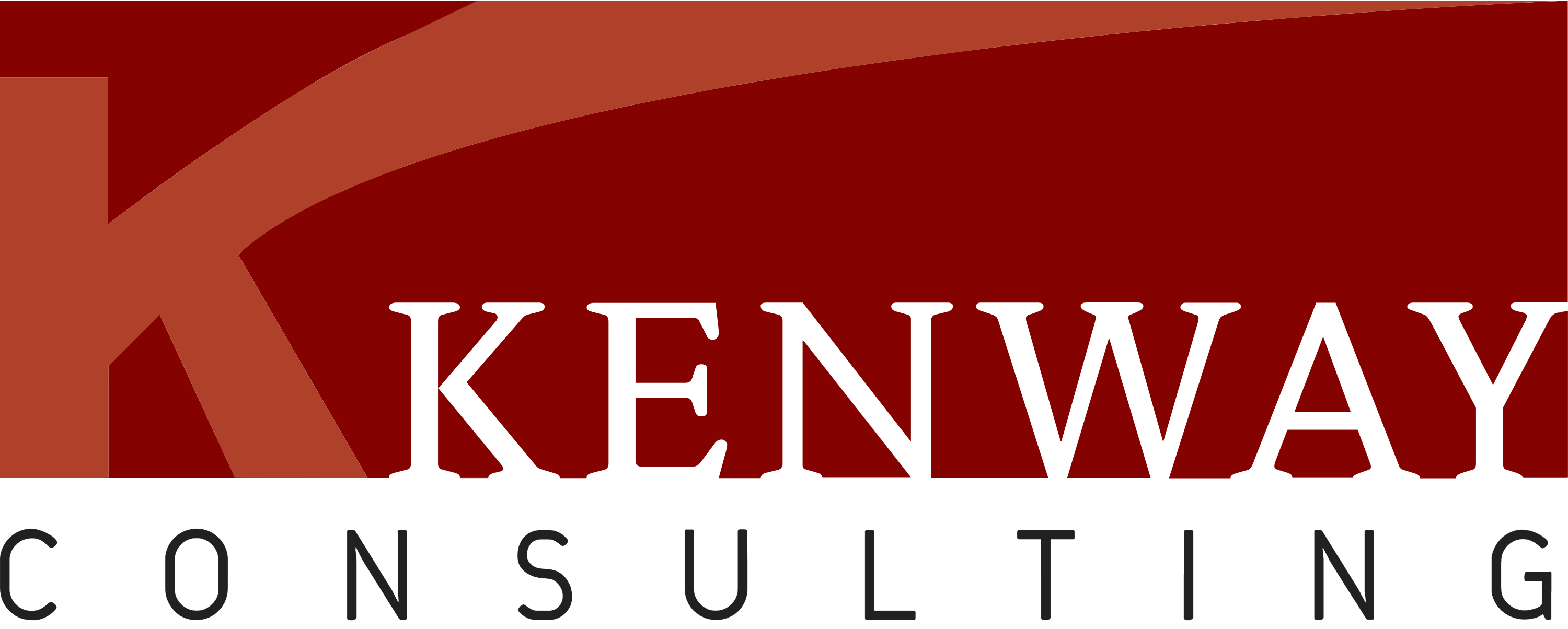Testing Automation: What You Need to Know

With a long history in Quality Assurance, Kenway has been a trusted partner in supporting the implementation of automation solutions for our clients, specifically in the IVR (Interactive Voice Response) and Contact Center spaces. Testing automation is a game changer for any company that can implement it; however, many do not consider the investments needed to ensure consistent success and meaningful ROI. Without common dependencies being proactively governed and appropriately managed, automation becomes impossible to implement effectively. Kenway works with our clients to address these extremely complex challenges while guiding them successfully through their automation adoption journey.
The Fundamentals of Testing Automation
Strategy & Process
A well planned and thorough implementation strategy is fundamental to the success of an automation initiative. By establishing specific goals and desired outcomes, teams can prioritize areas in need of automation. This clarity enables efficient resource allocation and ensures that automation efforts are targeted towards areas that will yield the greatest benefits.
Well-defined testing processes guided through comprehensive test plans help mold effective automation certification practices. These plans outline the scope, coverage, and test cases to be automated, ensuring that all critical scenarios and functions are adequately tested. With a solid test plan in place, an organization can effectively prioritize its automation efforts and ensure comprehensive coverage, minimizing the risk of overlooking critical aspects of the application.
Furthermore, strong testing processes provide standardized procedures for test case design, execution, and result analysis. This consistency ensures that the testing automation team follows best practices, adheres to established guidelines, and maintains a high level of quality and accuracy in their testing activities. By following a systematic approach, firms can confidently rely on automation results to make informed decisions about the application’s quality and readiness for deployment.
Dependency Management
There are several dependencies which require proactive mapping, with either direct resolution or meaningful mitigation, to support a healthy automated quality assurance experience. Some of the more common and high priority dependencies are associated with data and environments. Clean and reliable data is a fundamental dependency for implementing automation successfully. It is the fuel that drives the automation engine and plays a crucial role in producing accurate and meaningful test results.
Test data configured to mimic real-world scenarios replicates realistic user interactions with the developed applications. With compliant data, automated tests can be executed without encountering false failures, and/or false positives. When working with flawed or unreliable data, automation scripts will likely encounter unexpected issues or fail to produce accurate results. Quality data eliminates inconsistencies, errors, and duplicates that can hinder the effectiveness of automation.
Furthermore, clean and reliable data enables better analysis and troubleshooting during the testing process. When automation scripts produce results that are based on accurate data, it becomes easier to identify and isolate issues or defects within the application. This expedites the debugging and resolution process, saving valuable time and resources. Data management practices, including version control and documentation, contribute to the overall traceability and repeatability of automated tests. Teams can track changes in test data, compare results between different test runs, and reproduce specific test scenarios with confidence. This traceability fosters transparency and enables effective collaboration between testers, developers, and stakeholders involved in the automation process.
Available, stable, and release compliant environments are also fundamental to supporting effective automation implementations. Overall, environments which are managed effectively provide the foundation for consistent, reliable, and efficient QA processes. They help ensure that test results are accurate, defects can be reproduced, and certification processes can be optimized, and eventually automated. Therefore, organizations should strive to establish and maintain available, stable, and release compliant environments to enhance the effectiveness of their quality assurance and automation practices.
Tool Selection and Maintenance
The process of adopting testing automation includes the critical task of selecting the right automation tools which align with project requirements, technology stack, and testing objectives. The choice of tools directly impacts the efficiency and effectiveness of the automation process. By evaluating different options and identifying the tool that best suits a company’s needs, organizations can ensure a seamless and successful implementation of automation.
There is a wide range of automation tools available in the market. Some of the leading choices include Cyara, Selenium, and Hammer. Kenway recently partnered with Cyara, a leading automated CX assurance platform. As Kenway is tool agnostic, we do not recommend one vendor vs another based on our own relationships or partnerships; we help our clients choose the right solution based on their unique paradigm and requirements. In this case we worked with the client to build requirements and validate that it was the right choice for their needs and would recommend that all organizations take the same steps to ensure the tool selected is the best fit.
Once the tools are selected, ongoing maintenance becomes essential for the long-term sustainability of the automation effort. Regular updates, patches, and enhancements keep the tools compatible with the ever-evolving technology landscape.
Maintenance activities also involve monitoring tool performance, addressing any issues or bugs, and ensuring the tools remain reliable and efficient in supporting the automated testing process. Proper tool maintenance also includes staying informed about the latest advancements in automation technology, allowing teams to leverage new features and capabilities to enhance their automated testing efforts.
Moreover, tool maintenance encompasses providing training and skill development opportunities for the testing team. Ensuring that testers are proficient in utilizing the selected automation tools is crucial for maximizing their potential. By equipping the team with the necessary skills, teams can effectively design and execute test cases, analyze test results, and fully leverage the capabilities of the testing automation tools.
Testing Automation Governance
Governance establishes and ensures the maintenance of standardized methodologies, procedures, and guidelines for testing automation, test case design, execution, and result analysis across different projects and teams. By providing a framework for standardization, governance facilitates collaboration, reduces errors, and improves the overall quality of testing – automated or not. Without a foundation in good governance, the ability to reap the benefit of automation becomes extremely difficult.
Governance plays a crucial role in risk management. A well governed program identifies and mitigates risks associated with autonomous certification practices (e.g., data privacy and security, test environment stability, tool selection, regulatory requirements, and industry standards). By implementing controls and protocols, governance functions proactively address potential risks and minimize disruptions or failures in the testing process.
Governance promotes accountability and transparency in testing activities. It establishes clear roles and responsibilities for all stakeholders. By defining and enforcing these roles, governance fosters transparency, trust, and effective collaboration among team members, leading to better outcomes in automated testing. It also facilitates knowledge management by capturing and sharing best practices, lessons learned, and automation artifacts. Managers are better equipped to ensure that valuable insights, tools, and resources are documented, stored, and made accessible to relevant stakeholders. This knowledge management aspect of governance promotes learning, innovation, and efficiency in testing, especially when automated.
Change Management
A well targeted and streamlined change management approach will help guarantee adoption of automation. Each team impacted by the enhanced processes to support automation will need to understand their roles and responsibilities to ensure the organization achieves the highest ROI. Each stakeholder must have a clear understanding of how their role impacts the success of automation. Governance must be equipped to validate that automation processes are being consistently leveraged, with any associated risks and issues being quickly resolved or mitigated.
Kenway understands that automation is an iterative process. As automation initiatives progress, it’s common for organizations to revisit and refine their testing strategy, governance, dependency management, and change management practices. Continuous evaluation, adaptation, and improvement are also crucial to optimize the benefits of automation over time.
How Kenway Can Help
When engaging with a client interested in automation, Kenway will assess processes, dependencies, and governance prior to conducting an analysis on automation tools. By identifying gaps in the fundamentals early, we can create an effective plan to prioritize and address issues which ultimately support the delivery of a highly functional automated testing framework. We guide our clients through automation orchestration, model adoption options, and tool selection processes, ensuring that the client’s unique needs are met. Throughout this journey, we focus on the impacts to the existing teams, unique personas, and processes to ensure a smooth transition via a well-defined change management strategy. Automation is a powerful tool, but only when organizations make the proper investments to effectively integrate and nurture it. At Kenway, we pride ourselves on having helped clients maximize the return on their automation investment.
If you are struggling with your manual testing, having difficulties implementing automated testing, or simply have interest in automated testing, we would like to hear from you at info@kenwayconsulting.com.








